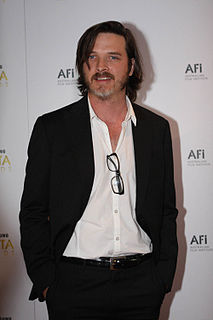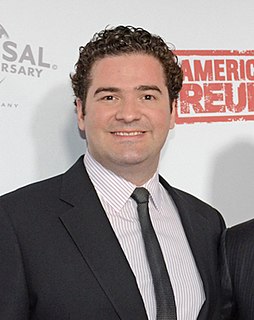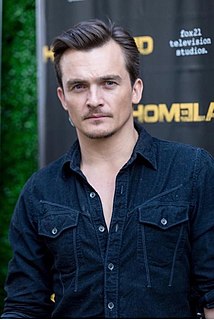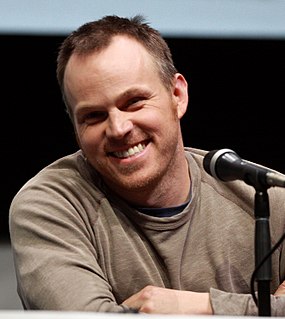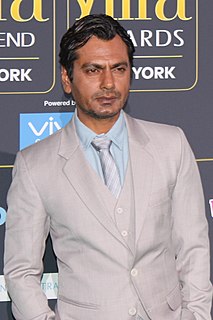A Quote by Aden Young
In some ways, what I learned is that you can take a character and breathe with them, and its up to the audience to interpret rather than you putting moral stamp on the character.
Related Quotes
To point out the importance of circumspection in your conduct, it may be proper to observe that a good moral character is the first essential in a man, and that the habits contracted at your age are generally indelible, and your conduct here may stamp your character through life. It is therefore highly important that you should endeavor not only to be learned but virtuous.
And, for any performer, to be able to go deep into character is fantastic. In film you only get to do that if you're the leading character. But in television you get 18 hours to really test the audience and take them to the edge of how far they will go with this character. I can step over this line and I love that.
I think it's really important, when you're redefining a character [ Spider-Man], for the audience to experience things that they haven't experienced, from the ground up. I wanted to build a character. I feel like point of view is a really crucial thing in the story, and that you need to build up the emotional building blocks, so that you can experience all the other emotions in a very specific way, rather than just experiencing it in an intellectual way.
